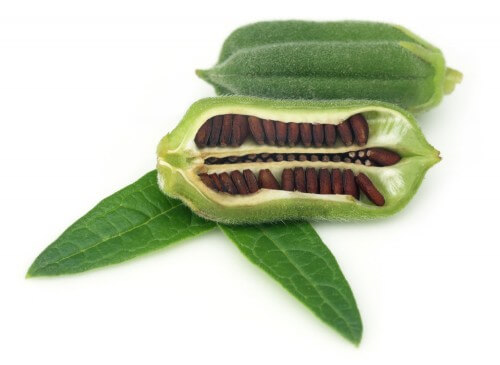Kay Award to Dr. Zvi Peleg from the Smith Institute for Plant Sciences and Genetics in Agriculture, Faculty of Agriculture, Hebrew University of Jerusalem

Sesame is an important crop for the food industry worldwide, and one of the oldest crops. In the Middle East, a huge amount of sesame is consumed in the form of tahini. In the Far East, sesame is used in the form of cooking oil, and it is consumed for its medicinal properties, while in the West, sesame is mainly used for baking.
The world production of sesame is 4.4 million tons and the demand for it increases by 5 to 10 percent every year. The growing demand turned sesame from a crop consumed mainly for domestic consumption into an important product for export. In addition, sesame has high nutritional values (super food), rich in essential vitamins and minerals such as calcium and iron, and health benefits such as reducing blood cholesterol and blood pressure, preventing heart disease and cancer, and more. Despite its great economic and agricultural importance, sesame is a neglected crop, meaning it is grown using traditional methods and with the help of a lot of manpower in developing countries, and not much agricultural and scientific research has been done on the subject.
While in past years sesame cultivation was common in Israel, it has become economically unviable due to the need for many working hands. There are two main problems that prevent the adaptation of sesame cultivation to intensive agriculture in Israel. The sesame is a non-finishing plant that continues to produce flowers at the same time as the production of the galls, therefore the ripening is not uniform. During the desiccation of the lects, the fusion tissue in the lect opens, which causes an uncontrolled spilling of the seeds arranged in the lect. Because of this, any type of mechanical harvesting is accompanied by a large depreciation in the crop (up to 100%). A second reason for the unprofitability of growing sesame is low yield potential, since the average yields of sesame in the world are very low (about 30-120 kg per acre), depending on the growing area. Also, the plants themselves are not uniform in their characteristics such as the color of the seeds, their size and quality.
The research in Dr. Peleg's laboratory resulted in the development of new sesame varieties with an improved yield adapted to mechanized harvesting, in addition to the improved seed quality. The developed varieties will make it possible to deal with the main problem of growing sesame, which is the opening of the pick of the sesame when it ripens. The picks in the new variety will remain closed even if a little force is applied to them, which allows harvesting in a combine.
The unique development will make it possible to adapt the cultivation of sesame to modern agriculture in Israel and will make it possible to introduce the crop into the farmers' crop cycle. The development is very significant for agriculture in Israel, and will make it possible to grow sesame in a profitable and efficient manner. Also, the development of the improved strain of sesame will increase the income of Israeli farmers and develop agriculture and the related food industry.
An agreement was recently signed with the Zeraim company, through the implementation company, the research development company of the Hebrew University, in order to bring the development to the world of agriculture. The company will support the research for the next five years.
The Kay Awards ceremony has been held every year at the Hebrew University since 1994. The award is given by Yitzhak Kay from England, and is given to students and faculty members of the university who have brought about new scientific discoveries and developments.
